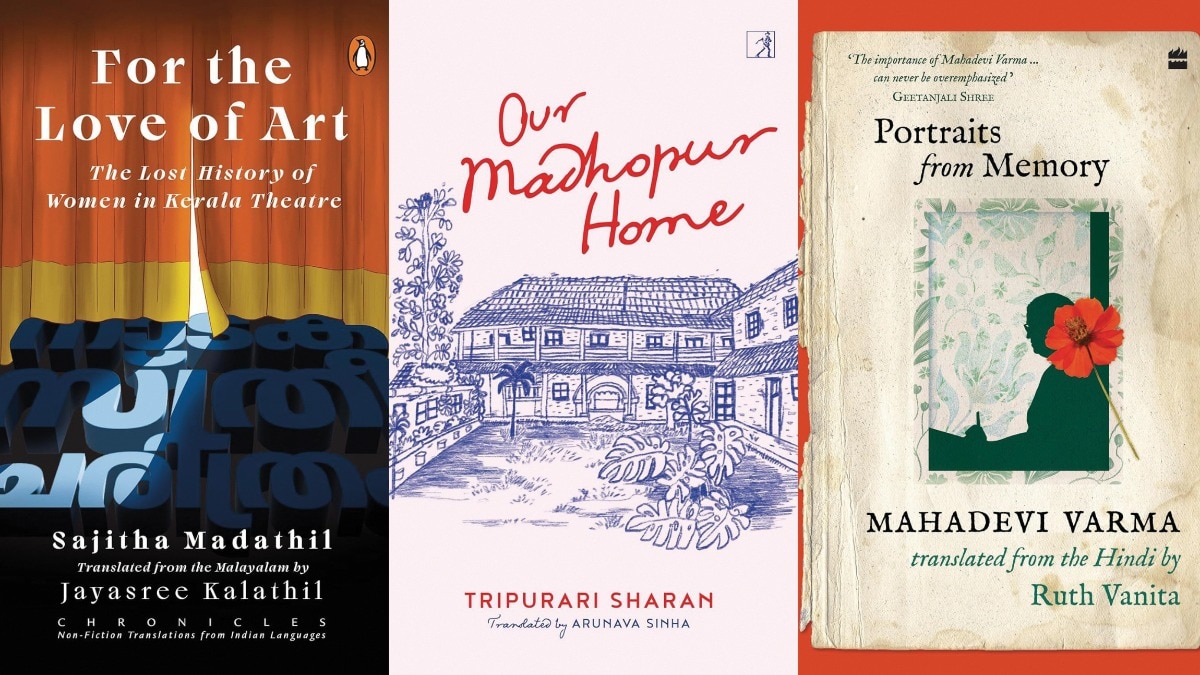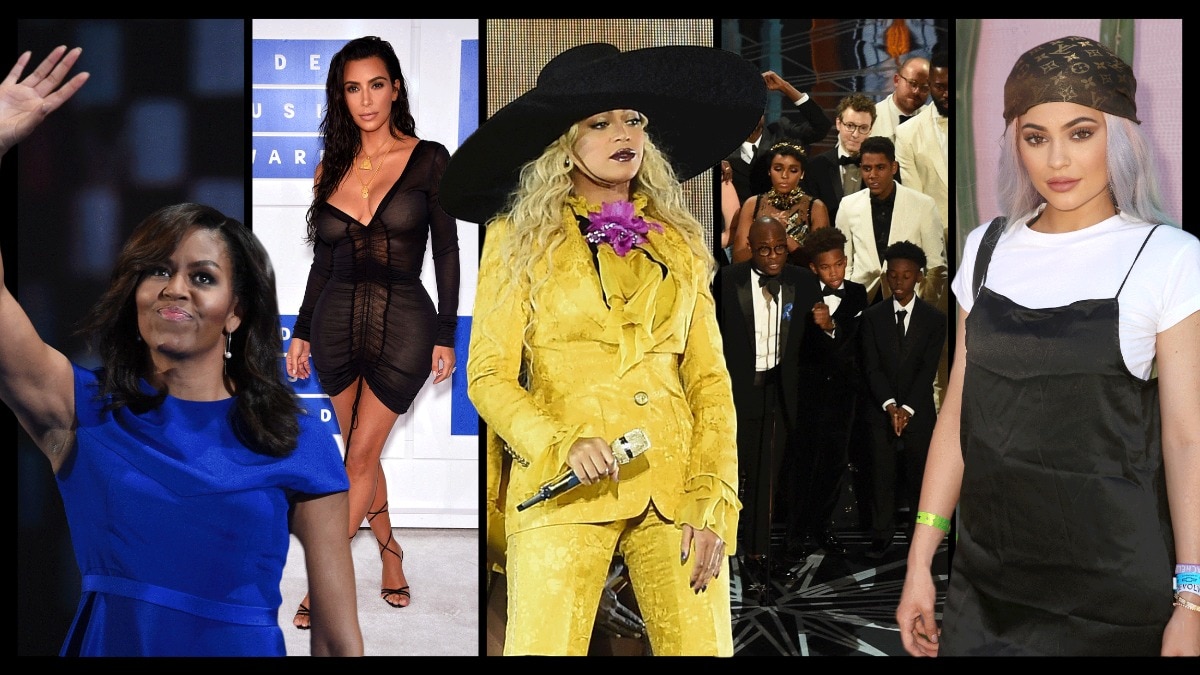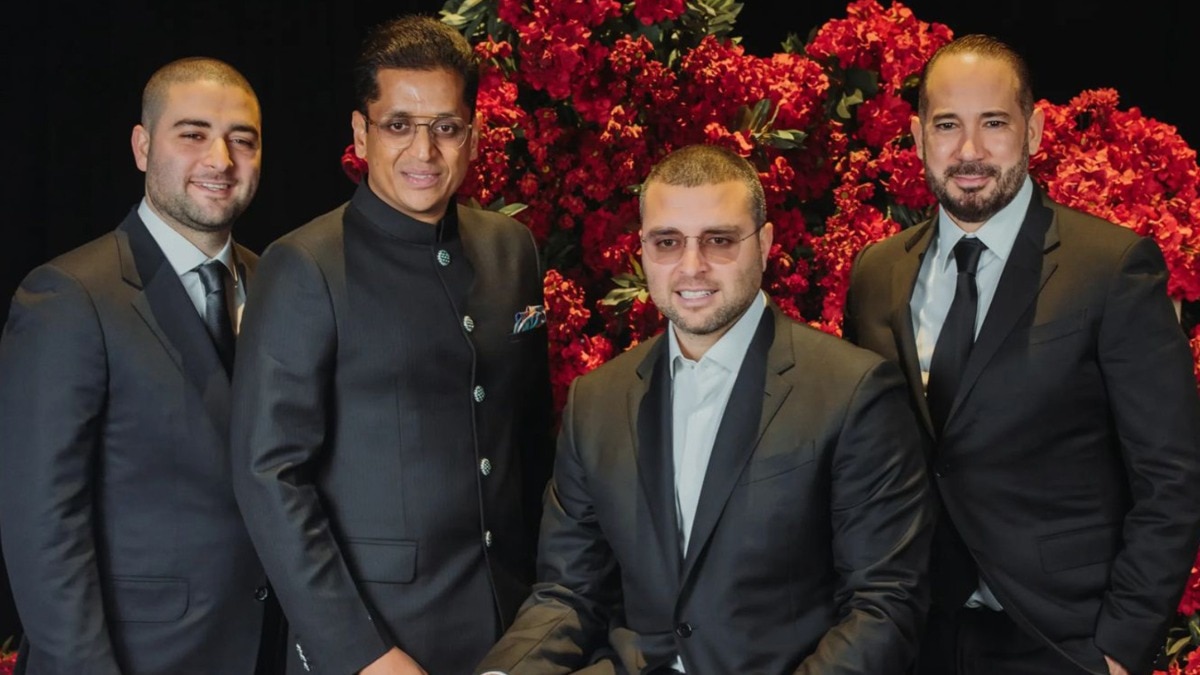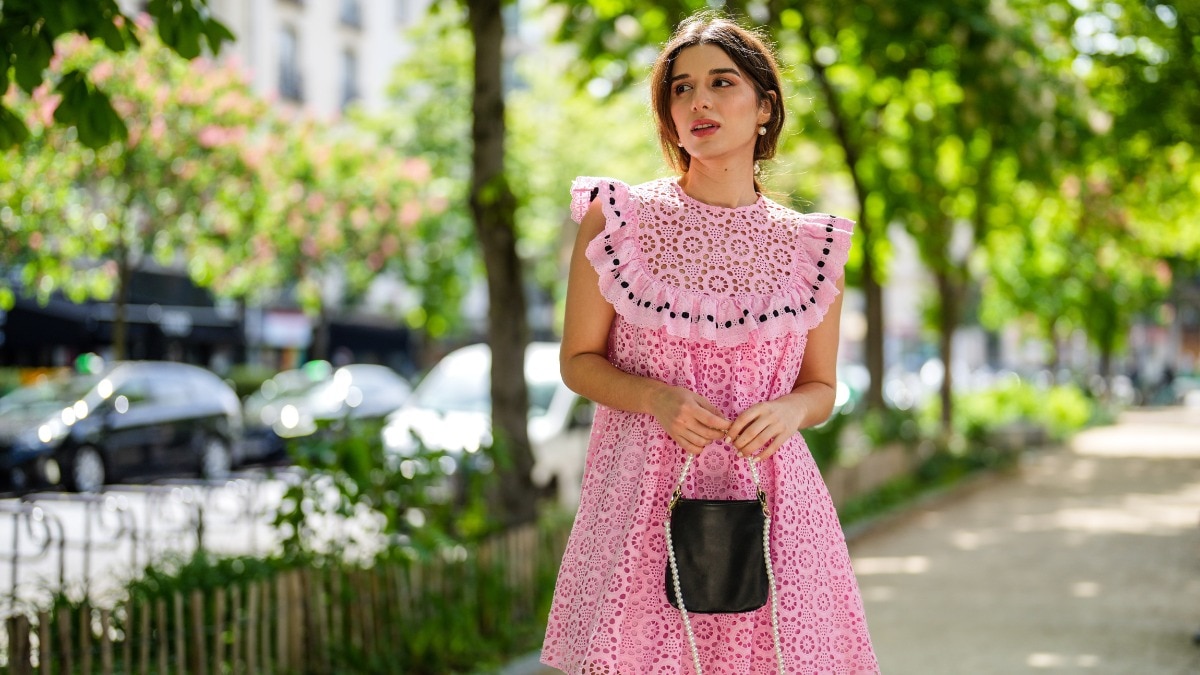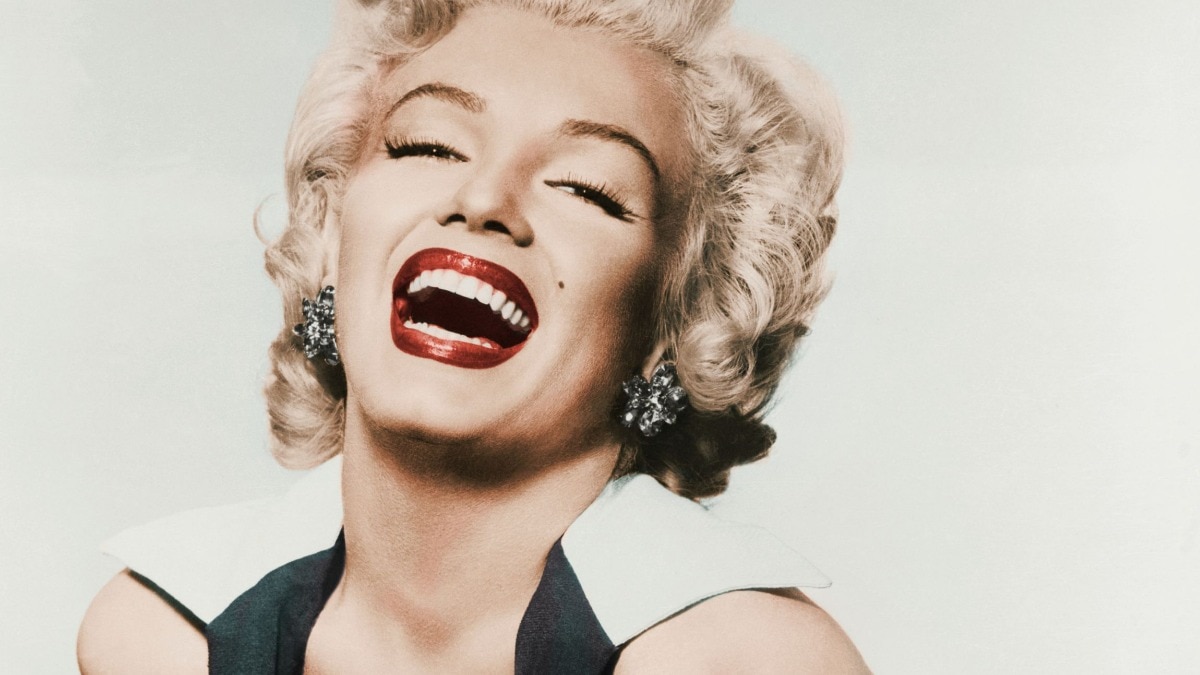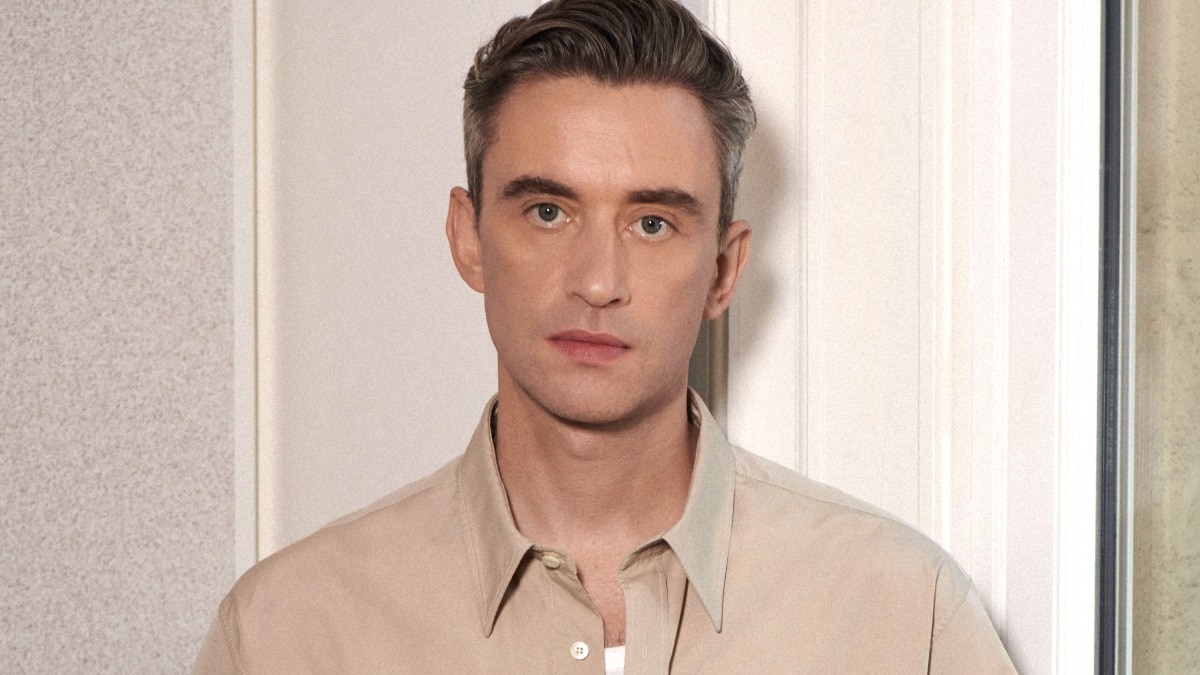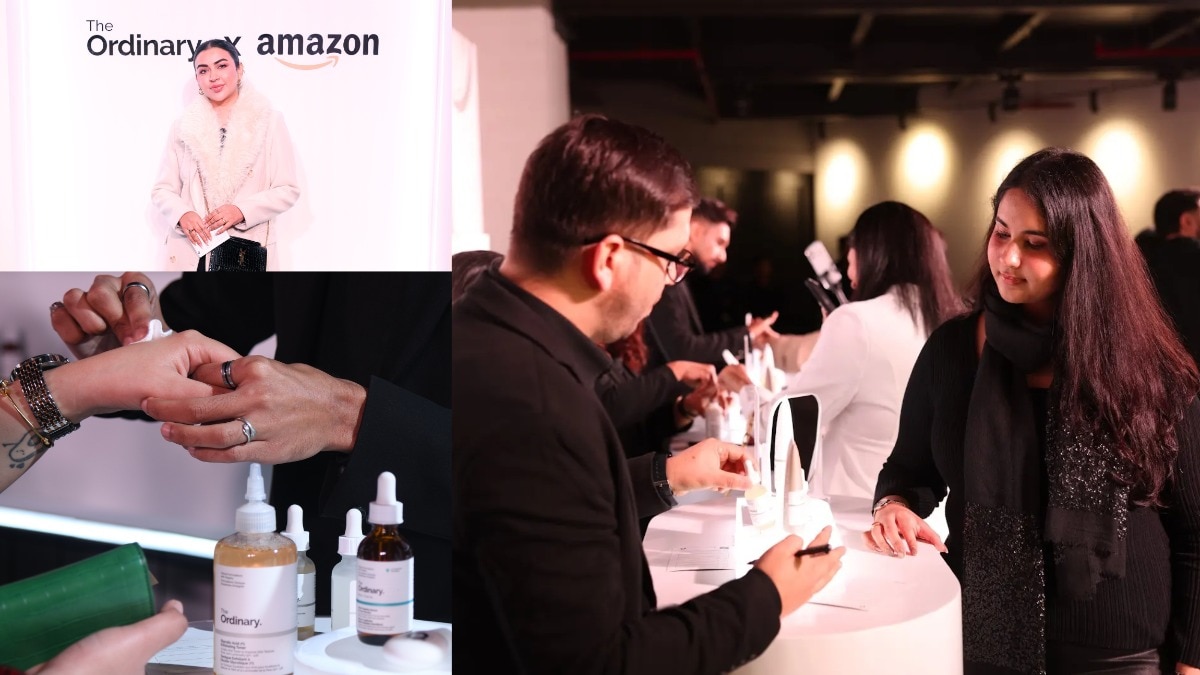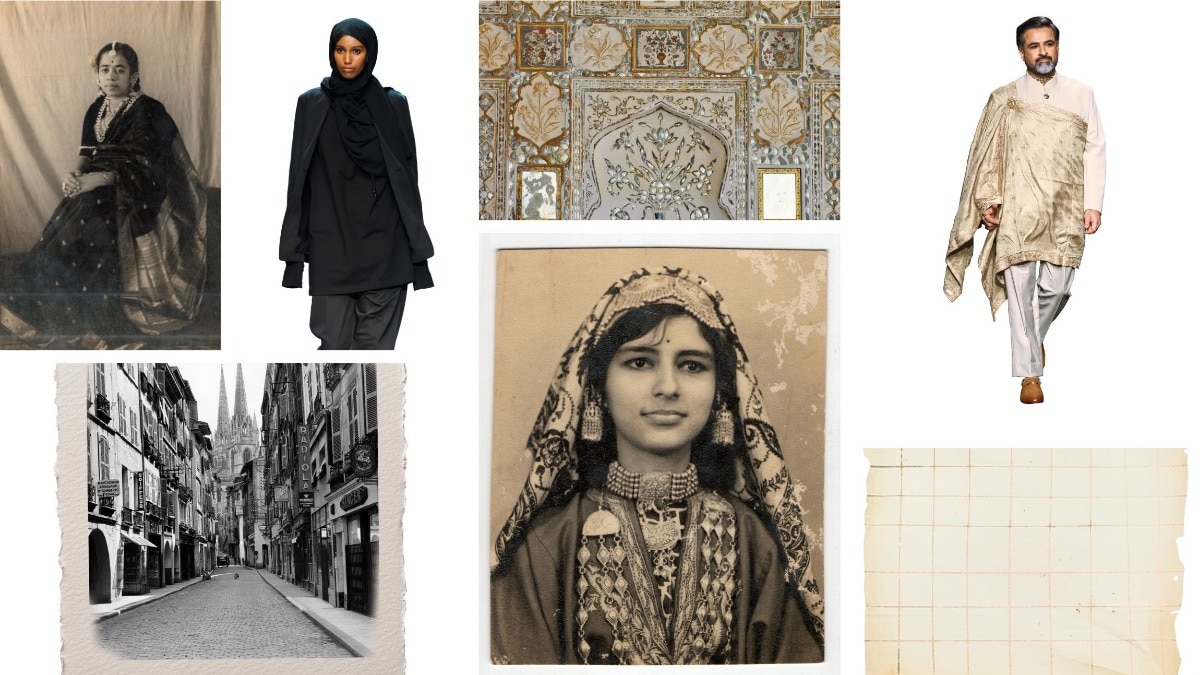
Why are we obsessed with celebrities doing not-so out-of-the-ordinary things?
A psychologist, paparazzo, and public relations professional weigh in on the vicious cycle exacerbated by all those involved.


Think of every time an unfiltered picture of a celebrity doing mundane and almost not-so-extraordinary things appears on your social media feed, and how its constant reappearance becomes a testament to its virality and incessant obsession. Sara Ali Khan taking a stroll at Bandstand on a busy evening, Suhana Khan giving money to some street children, Sachin Tendulkar stepping out of his car to play a game of gully cricket, Ananya Panday haggling on the streets of Bandra, or even the nation’s latest obsession, Rishi Sunak kneeling before Bangladesh Prime Minister Sheikh Hasina (30 years senior to him) during the recent G20 Summit. The precedents are endless and they garnered attention, good and bad from nearly everyone. So, the question goes, why are we so obsessed with celebrities and public figures doing things that for us mere mortals would be considered ordinary, but for them, cool and glamorous?

We went down a rather endless and multifaceted rabbit hole to understand behavioural patterns, a media-fed vicious cycle, and the consequences of this obsession.
Why are we so obsessed with celebrities—Psychology explains
It’s not easy to attribute this craze and obsession with the bare minimum acts of celebrities to one factor. The founder of Moe’s Art, Vishaal Shah says, “Identifying a singular entity or individual responsible for the culture of celebrity obsession is a complex task. It is a global phenomenon and is deeply rooted in human curiosity and the innate desire to connect with people who inspire, entertain, or captivate us.”
This human curiosity and consequent engagement and obsession can be attributed to various psychological reasons. Speaking about the social comparison theory, clinical psychologist, Dr Mehezabin Dordi says, “As human beings, we have a natural tendency of comparing ourselves to other people. Celebrities often represent a certain ideal of beauty, success, and lifestyle; something a lot of people aspire to achieve. Thus it becomes a point of reference and this constant comparison can influence people’s esteem and self-worth.”
“Sometimes their actions and resultant obsession can also be some sort of identification—sharing similarities and experiences with them—and that can create a sort of connection,” she says. Closely related to this need for connection is something known as parasocial interaction. According to an article by the National Register of Health Service Psychologists, “Parasocial relationships are one-sided relationships, where one person extends emotional energy, interest, and time, and the other party, the persona, is completely unaware of the other’s existence. Parasocial relationships are most common with celebrities, organisations (such as sports teams) or television stars. The Internet allows for 24-hour access to media users, and increased Internet dependency has led to increased parasocial interactions. While they remain one-sided, they have transformed into more interactive environments, allowing individuals to communicate with their media personas and increasing the intimacy and strength of the parasocial relationship. Viewers experience a connection with the media user and express feelings of affection, gratitude, longing, encouragement, and loyalty towards them.”
The inevitable role played by the media
“The media often perpetuates this culture by constantly covering the lives of celebrities; the good, the bad, and the ugly. It reinforces the idea that these celebrities are worth idolising and following,” says Dordi. This can also lead to something known as the Celebrity Worship Syndrome—an obsessive addictive disorder in which an individual becomes extremely involved and invested in the celebrity's life.
We did a quick check with professionals in the media industry and here’s what they had to say. “From a PR perspective, the culture of indulging in people's fascination with celebrities can be seen as a natural extension of the concept of fandom. This phenomenon has undoubtedly transformed the landscape of public relations as managing the public image of celebrities has become more intricate and crucial than ever before,” says Shah. “Media outlets cover celebrity stories because they generate interest and attract audiences. Social media platforms provide a direct connection between celebrities and fans, intensifying the culture further. Marketing strategies often leverage celebrity endorsements and appearances to enhance brand visibility.”
Known paparazzo Manav Manglani explains his role within the nexus, “It's all about what and whom people love and get inspired by; we just help them stay connected with their favourite celebrities. With the digital age booming in India and everything thing moving at a fast pace, people love to take time off and see stuff on the Internet as watching these celebrities brings a smile to their faces. This content works for us, too.” In line with what Mangalani says, Dordi explains how there exists an element of escapism within this obsession. “Following what celebrities are doing, even the bare minimum, often provides an escape from the mundane and stressful routine that a person may have,” she says.
Further, a confirmation bias can also feed into the vicious cycle of often irrelevant content perpetrated by the media and unhealthy levels of obsession. “If someone already believes that anything that a certain celebrity does is great, they will seek out that kind of information,” says Dordi.
Is it a good thing or a bad thing?
We’d be lying if we said that we, too, weren’t part of the bandwagon utterly obsessed with the candid clicks of Hailey and Justin Bieber buying a few donuts on a casual Saturday, Priyanka Chopra taking her daughter Malti to the temple for the first time or Shilpa Shetty indulging in the famous street food of Mohammad Ali Road during Iftaar—but it may be hard to tell whether our endless obsession is good or bad.
The truth is, it’s a bit of both and can have different effects on individuals and society as a whole. When celebrities use their platform to speak about social causes they are passionate about or indulge in activities that invite their audiences to act for the better—the constant stream of content that we are fed may not be such a bad idea. Think Princess Diana interacting with HIV-positive patients or Deepika Padukone opening up about mental health issues, and thereby normalising once tabooed issues. “I think the biggest positive is the inspiration that comes out of it. People tend to set higher goals for themselves,” says Dordi.
Shah also speaks of a sense of relatability and connection that is created when celebrities, who have often been put up on a pedestal, do things just like us. “The phenomenon of glorifying celebrities when they engage in activities that are common for most individuals is rooted in the distinction between their real lives and the characters they portray on-screen. Celebrities are not just ordinary people; they are public figures who have built connections with their audience through their work. Therefore, when Sara Ali Khan, who is associated with beloved fictional characters, engages in everyday activities, it becomes a noteworthy event for fans,” says Shah. “These actions you talk about are what most people do every day, and when their favourite celeb does it, it becomes all the more exciting for them. It is almost as if an old narrative is being broken where we were made to believe that a celeb does not do normal things like us,” adds Manglani.
But, where does it end? Would it be a big deal if someone else in place of Rishi Sunak had knelt before the Prime Minister of Bangladesh? Or someone other than Sara Ali Khan would have hopped into an auto-rickshaw like it was any other day? Would we be so utterly obsessed with anyone else doing something as human and normal as eating on the streets or bargaining with a shopkeeper? These are habits, practices and values that come naturally to most of us, but we rarely find ourselves being applauded, trolled, or even noticed for it. This lopsided cycle of endless attention to a few celebrities and public figures in the limelight can also keep us away from the truly extraordinary things people around us may be doing and deserve attention. When we are constantly hit with an influx of such content, not only can it become overwhelming, but even the bare minimum acts of celebrities can make us feel inferior and result in low self-esteem and other issues.
While this may be a difficult predicament to navigate, and may appear like a cycle that seems impossible to ween out of, a little bit more empathy and compassion towards ourselves and others around us may enable us to view celebrities beyond the pedestal that we have set for them and view ourselves and others around us beyond the feelings of being less than.

